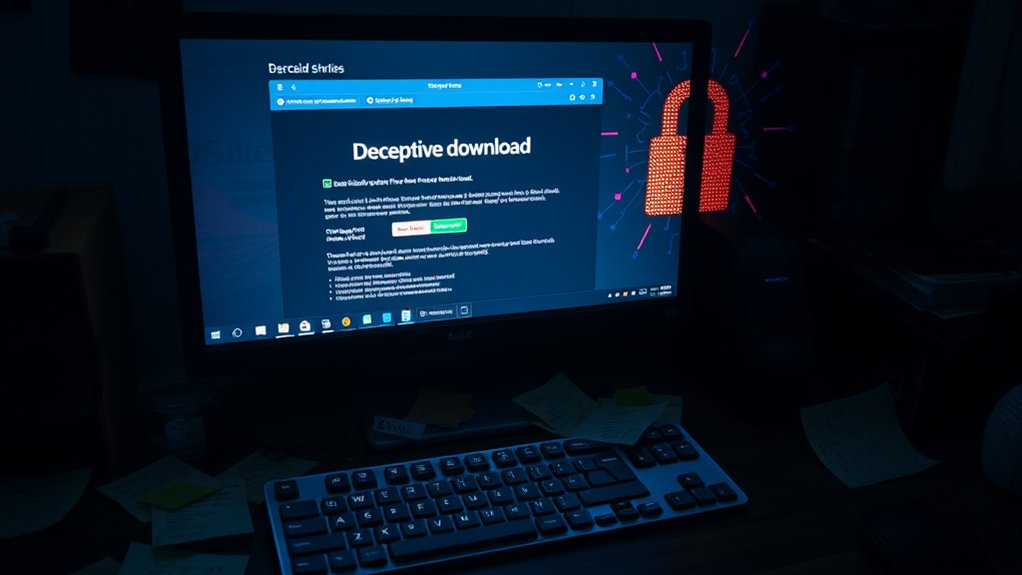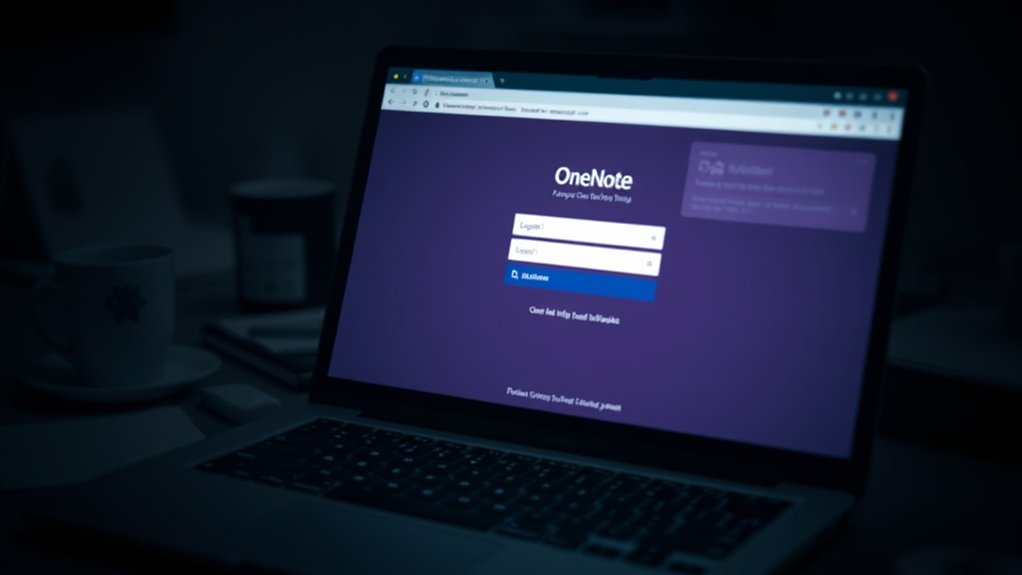In an alarming new trend, cybersecurity experts have reported that ransomware gangs are actively targeting IT administrators through deceptive advertising campaigns. This campaign particularly exploits popular search terms, such as “download Putty” and “download WinSCP,” to entice system administrators into downloading malicious software. Ads appear prominently on major search engines like Google and Bing, and their purpose is clear—the targeted attack aims to gain access to high-level privileges within corporate Windows networks.
Victims, believing they are downloading legitimate applications, are redirected to cloned websites that imitate the official platforms for WinSCP and Putty. These sites offer trojanized installers masquerading as genuine software. Once the system administrator executes the downloaded installer, the infection chain begins, utilizing stealthy techniques such as DLL side-loading to evade detection. This allows the malicious code, which establishes persistent backdoors known as Oyster and Broomstick, to operate covertly by targeting software searches. As part of their tactics, attackers utilize malicious domains to host trojan installers or redirect users to other harmful downloads.
Victims unwittingly download trojanized installers from cloned sites, triggering a stealthy infection chain that establishes covert backdoors.
Typosquatted domains, such as puutty.org and wnscp.net, improve the effectiveness of the campaign by mimicking legitimate URLs. Attackers utilize these malicious domains to host trojan installers or redirect users to other harmful downloads. Security experts advise blocking known malicious domains as an essential mitigation step to prevent potential infections. Suspicious background programs running on the device can indicate a successful breach of security measures.
The implications of these attacks are profound. System administrators, who typically possess privileged access to network resources, become prime targets owing to their ability to facilitate lateral movement within corporate networks. Once compromised, attackers can swiftly encrypt or exfiltrate sensitive data, thereby escalating the threat of ransomware deployment.
To combat this growing issue, experts recommend that IT staff refrain from using search engines to obtain administrative tools, instead directing them to vetted internal repositories or verified vendor sites. Educating IT personnel on risks associated with SEO poisoning and malvertising can also improve organizational defense.
As the campaign continues into mid-2025, organizations must prioritize securing the software acquisition process and reinforcing training for administrators.









